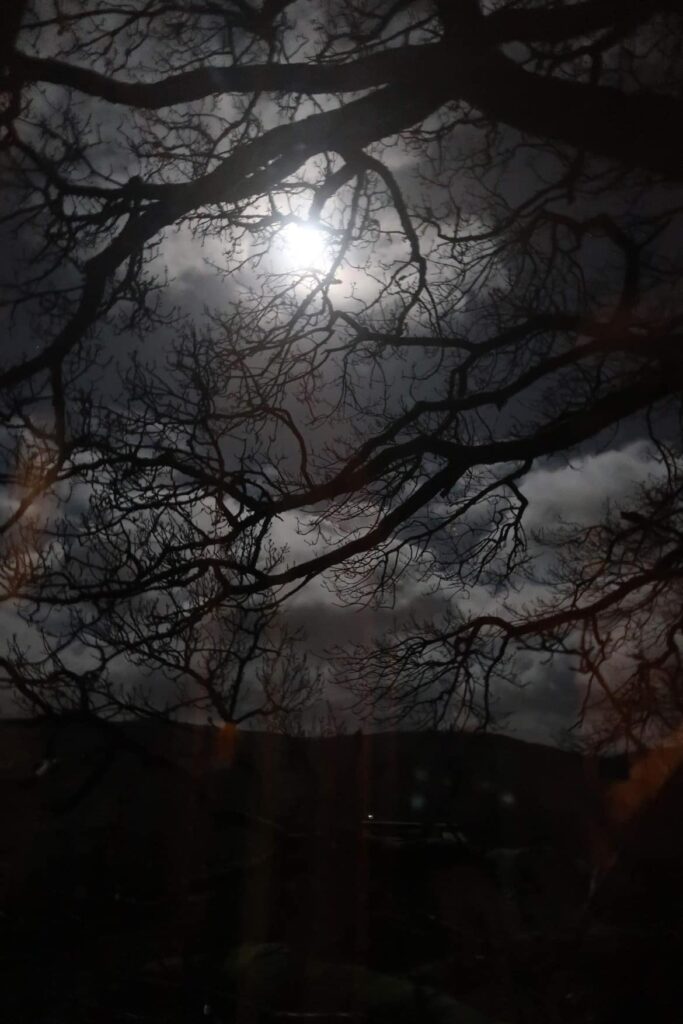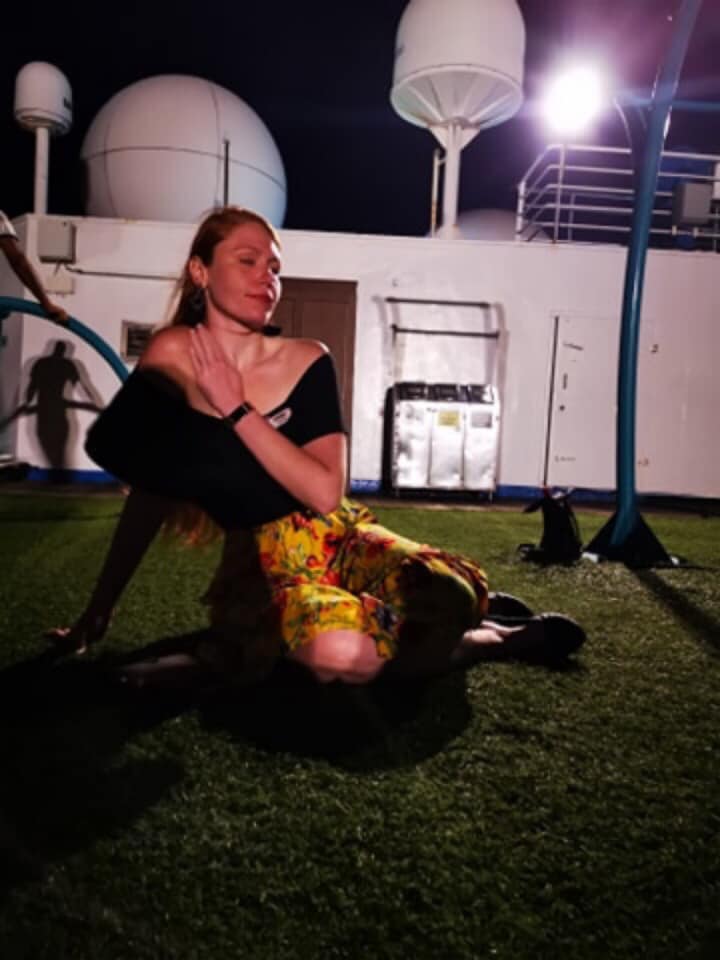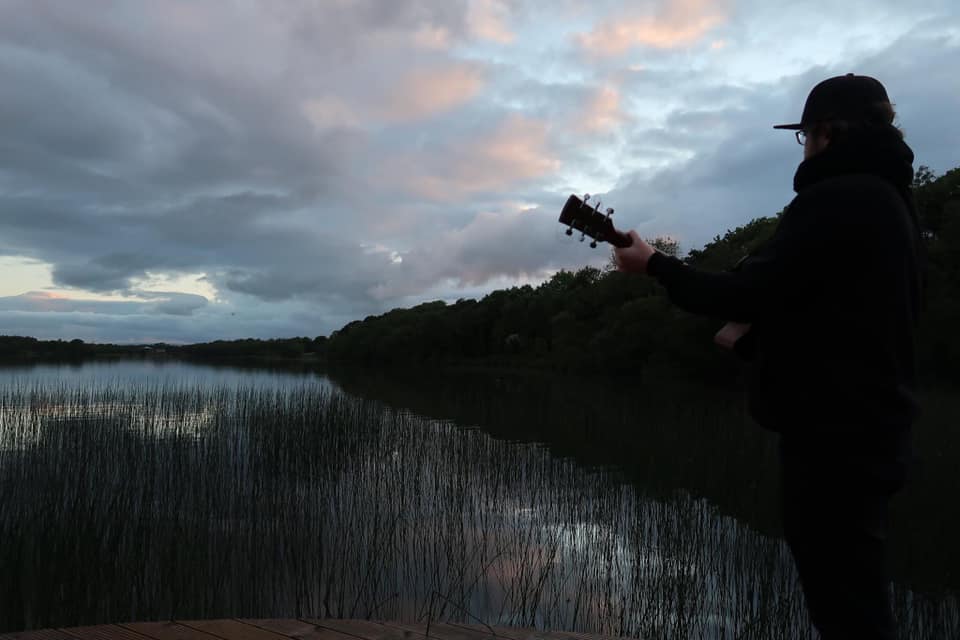It’s needless to say we have lost a lot throughout and because of the pandemic – be it money, jobs, opportunities, financial security or, worst of all, loved ones. But as well as this, we have also undergone a cultural change – a change that has impacted all of our lives. I, for example, am a student who never had her graduation. I missed out on the event – the rite of passage – that marked my transition from one phase of my life to the next. Instead of celebrating the end of my three year studies, and the achievement of getting a degree. I was at home with my parents having panic attacks at the thought of going to the supermarket.
Life moved on, though, and I got a job and started renting my own place. I thought I had moved on – despite the fact I couldn’t hear about a graduation without tearing up. Then I caught myself dreaming up elaborate plans to quit my job and move in with my best friend in some big city to live our perfect writer lifestyle.
Together, we fantasised about living close to hustle and bustle, and having self care nights in and wild nights out. It was around that time that I realised we were trying to recreate our university days. We’d never had the closure we needed to say goodbye to our student lives and we were now stuck in a time that had passed. While your story may not be exactly like mine, I’m sure any one of you will have missed the opportunity for closure because of the pandemic. Whether you’ve had to cancel a birthday party, a wedding or you lost a job or an important internship. You have all experienced a transition in life that had to go uncelebrated and unrecognised.

If you can’t stop thinking about your life before Covid (or BC), and keep finding yourself trying to replicate it, like I did, you may be suffering from something called ambiguous loss. This comes from being unable to say goodbye and grieve with others when you’ve experienced a sudden loss. It can occur after a breakup, after leaving home, or – like all of us have experienced – after a sudden lifestyle change. You might feel like you have no control over your life – which, let’s be honest, we didn’t during the lockdowns – or frustrated and helpless.
The worst thing about ambiguous loss, however, is that it can lead to prolonged grief disorder , which is a grief that endures and persists in the face of lack of closure. It is an inability to accept the loss or change which, if unrecognised, can interfere with everyday life and be detrimental to mental wellness.
While PGD is most commonly brought up around the subject of death, I have actually found many of the symptoms within myself while recovering from the culture shock of Covid. It is important not to minimise our grief just because we haven’t lost anything physical. The signs of prolonged grief disorder (PGD) we can see in everyone post covid, the first being social isolation – we all know how much of that we’ve experienced, but there are still many people who remain reluctant and scared to leave the house.
Further than this, though, have you recently thought to book a holiday or concert a few months into the future then though “hmm, best not, just in case”? That is attachment insecurity, another sign of PGD. We struggle to believe there won’t be another lockdown so we are reluctant to plan too far ahead, and, more than this, we begin every attempt at a “new normal” questioning how long it will last. Unlike depression, prolonged grief disorder can’t be treated with medication. It is a psychological issue that many clinicians don’t have the appropriate training to deal with, and one that many people won’t even be aware they possess. I won’t leave you on such a negative note, though.

If you relate to this article and think you’re struggling with PGD, try this simple ritual for closure. First, write down all of the aspects you loved about your life BC that aren’t present in your life now, and then burn or bury the piece of paper. Make a big deal out of it, allow yourself to truly grieve for the life you no longer live. This will help you get the closure you need. Once you’ve done this, write down all of the things you love about your life now – everything you’re grateful for. This will help you to recognise the good and look forward to the future, now that you’ve left the past where it belongs – behind. If you need further help, check this out for some more advice on dealing with ambiguous loss.
“Check out more Entertainment Now lifestyle news, reviews and interviews here.”






